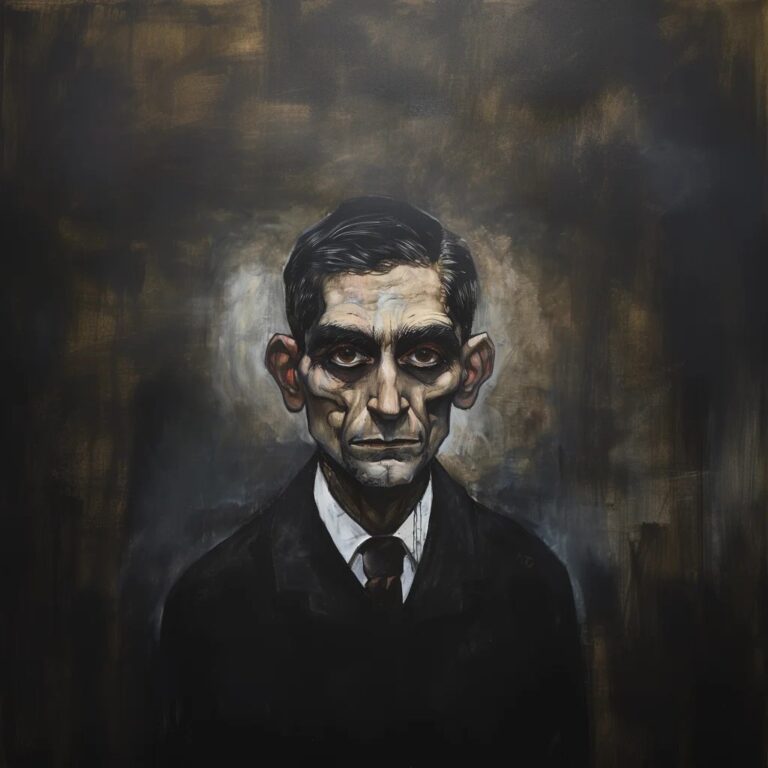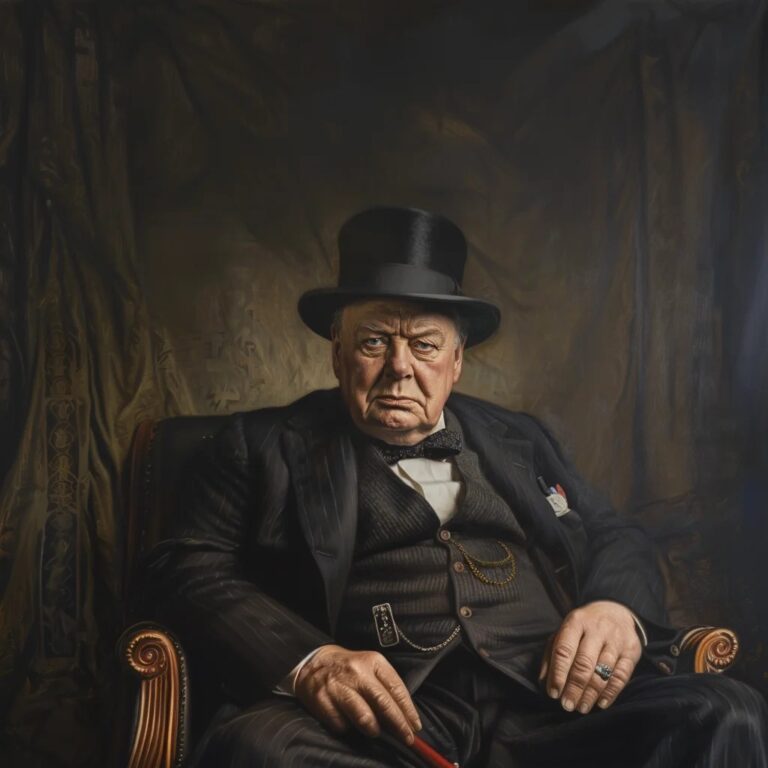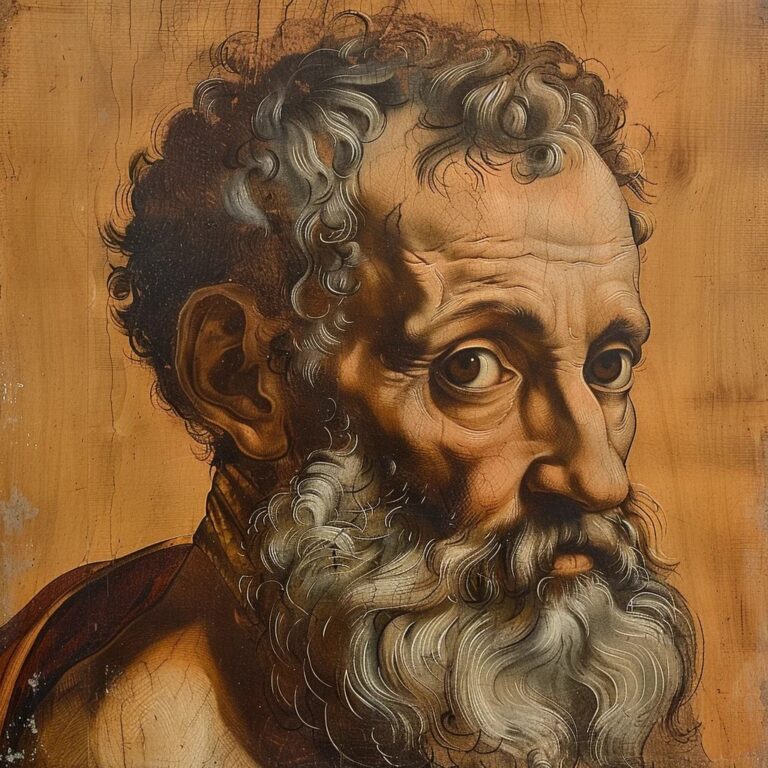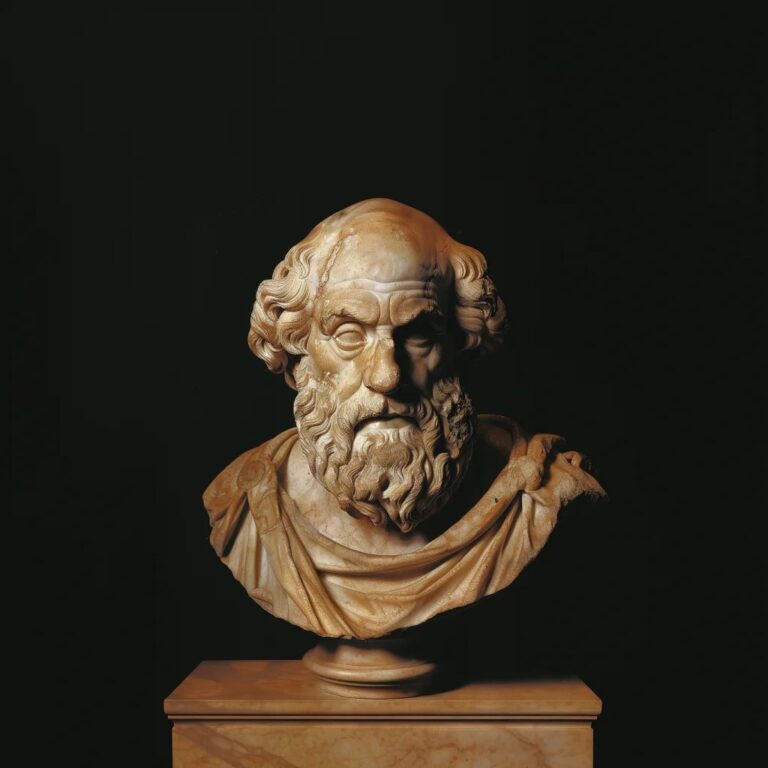Franz Kafka was born on July 3, 1883, in Prague, which was then part of the Austro-Hungarian Empire.
His most famous works include 'The Metamorphosis,' 'The Trial,' and 'The Castle.'
Kafka worked as a lawyer and insurance agent while writing his literary works in his spare time.
He was fluent in several languages, including German, Czech, and French.
Kafka had a difficult relationship with his domineering father, which influenced much of his writing.
He never married, though he had several significant relationships, including with Felice Bauer and Milena Jesenská.
Kafka's writing style is characterized by its precise, lucid prose and its exploration of complex psychological and philosophical themes.
He instructed his friend and literary executor, Max Brod, to burn his manuscripts after his death, but Brod ignored his wishes and published them instead.
Kafka suffered from tuberculosis and spent the last few years of his life battling the disease.
He was largely unknown during his lifetime and achieved posthumous fame after the publication of his works.
Kafka's works have been interpreted in various ways, including existentialist, psychoanalytic, and Marxist readings.
He had a deep sense of humor, often incorporating dark and absurdist elements into his writing.
Kafka's influence extends beyond literature to art, film, and popular culture.
He was an avid reader and was influenced by writers such as Fyodor Dostoevsky, Søren Kierkegaard, and Friedrich Nietzsche.
Franz Kafka died on June 3, 1924, at the age of 40, but his legacy endures through his profound and thought-provoking works that continue to resonate with readers worldwide.



